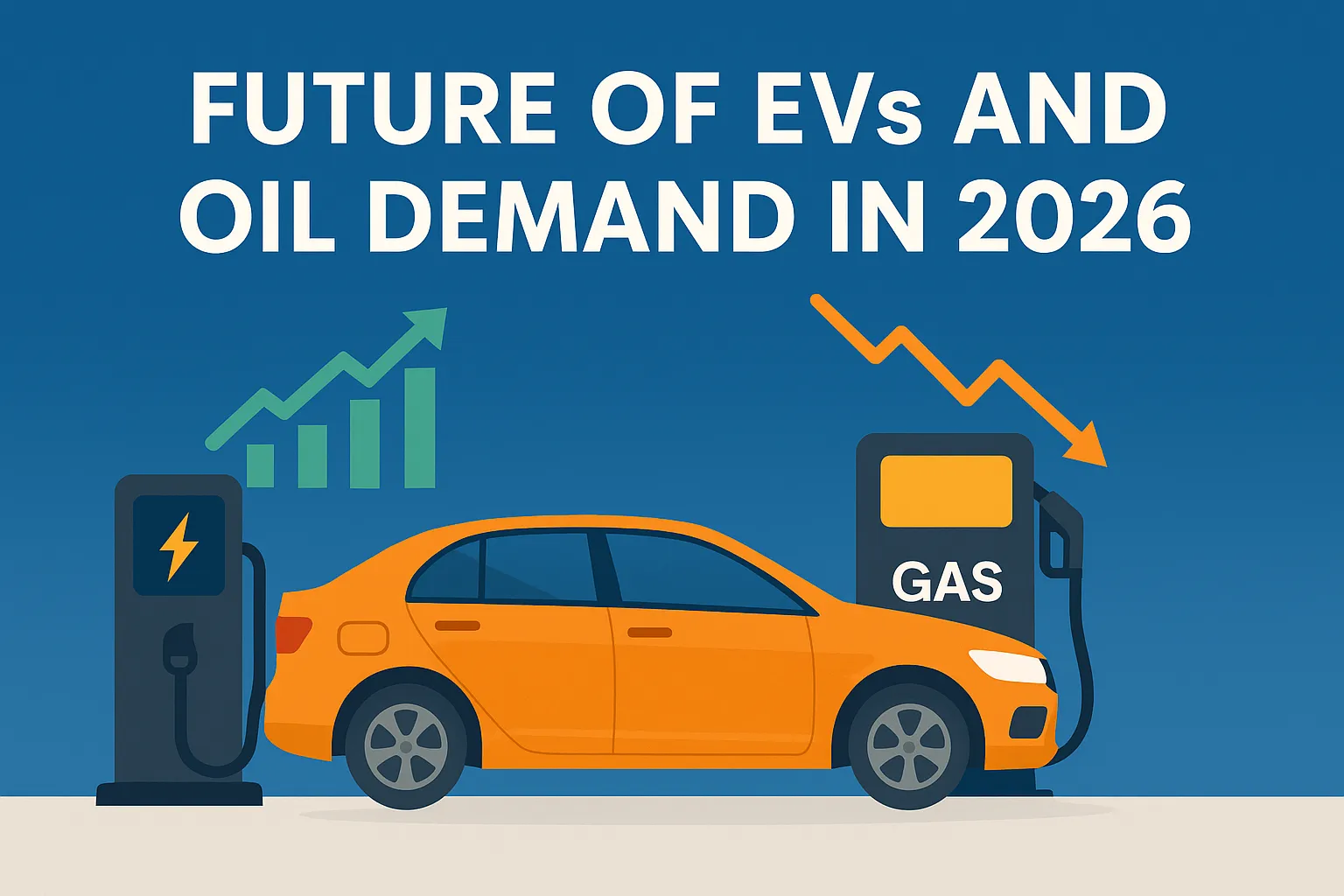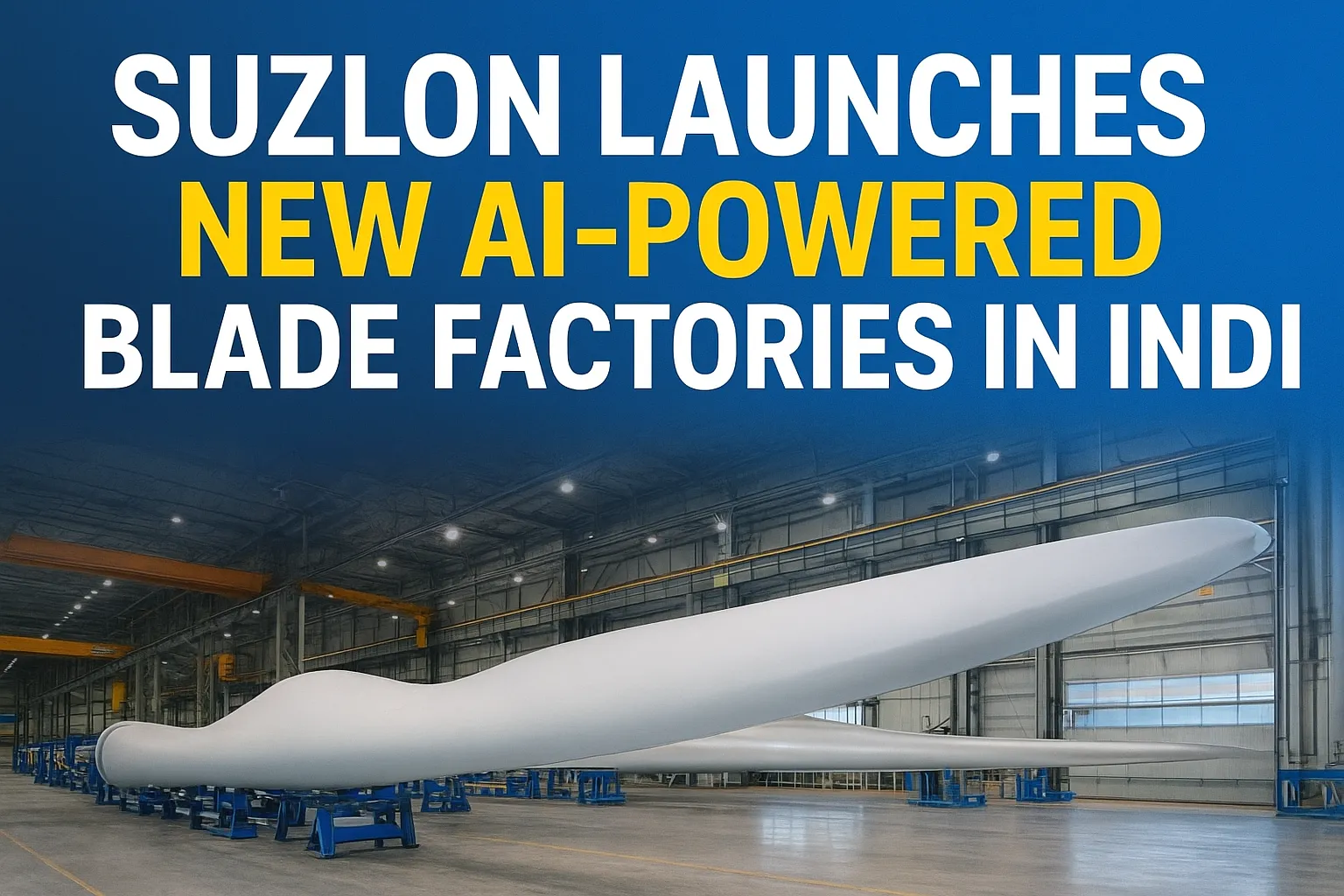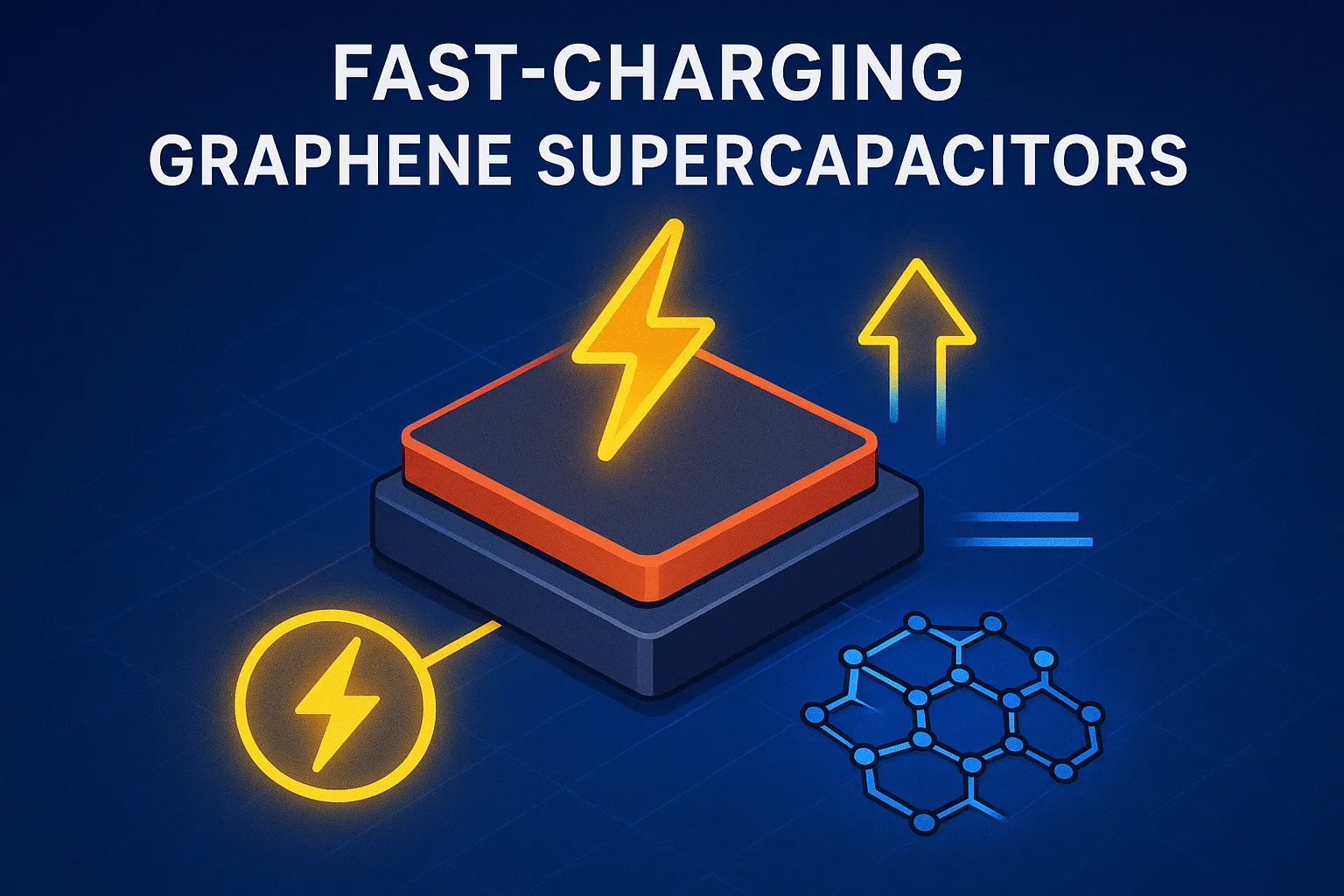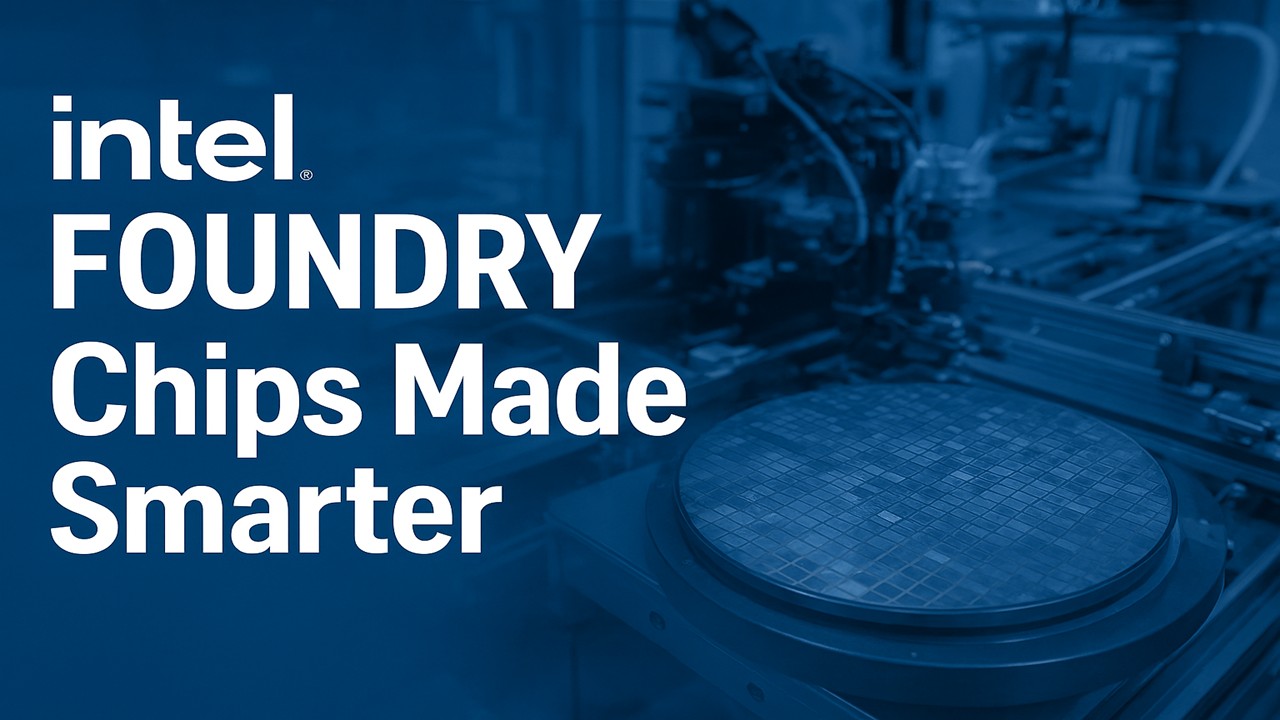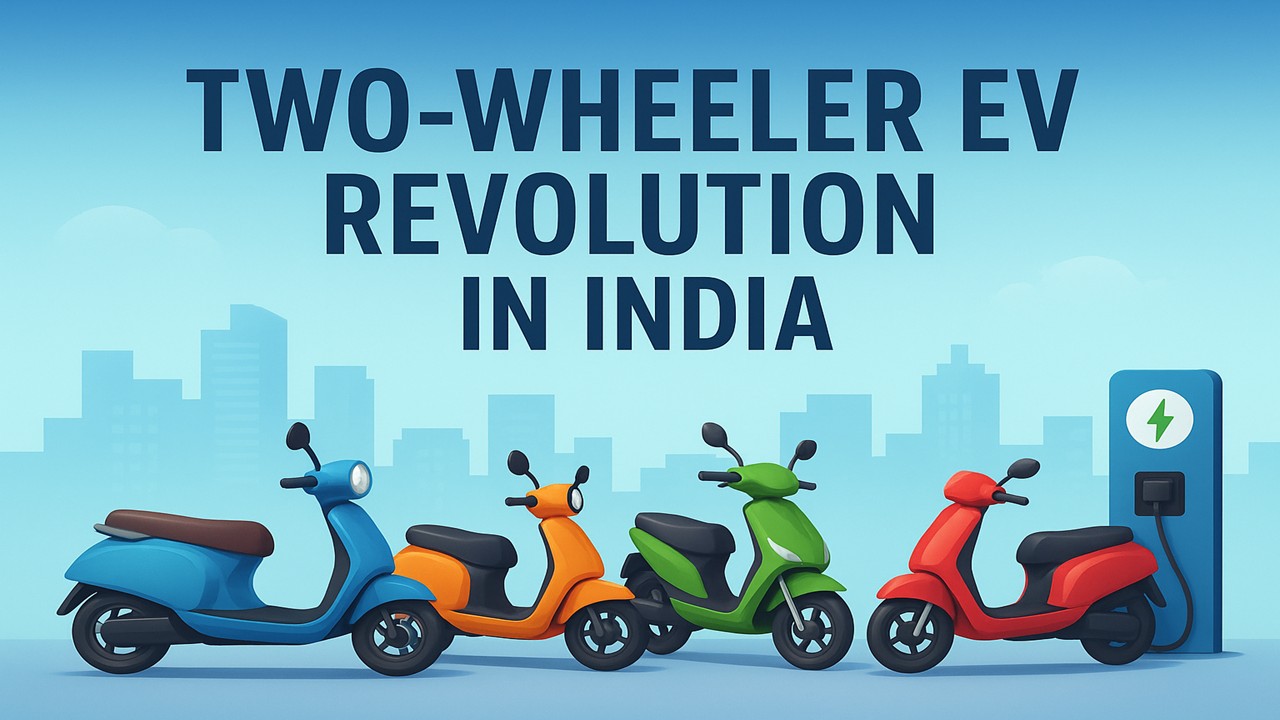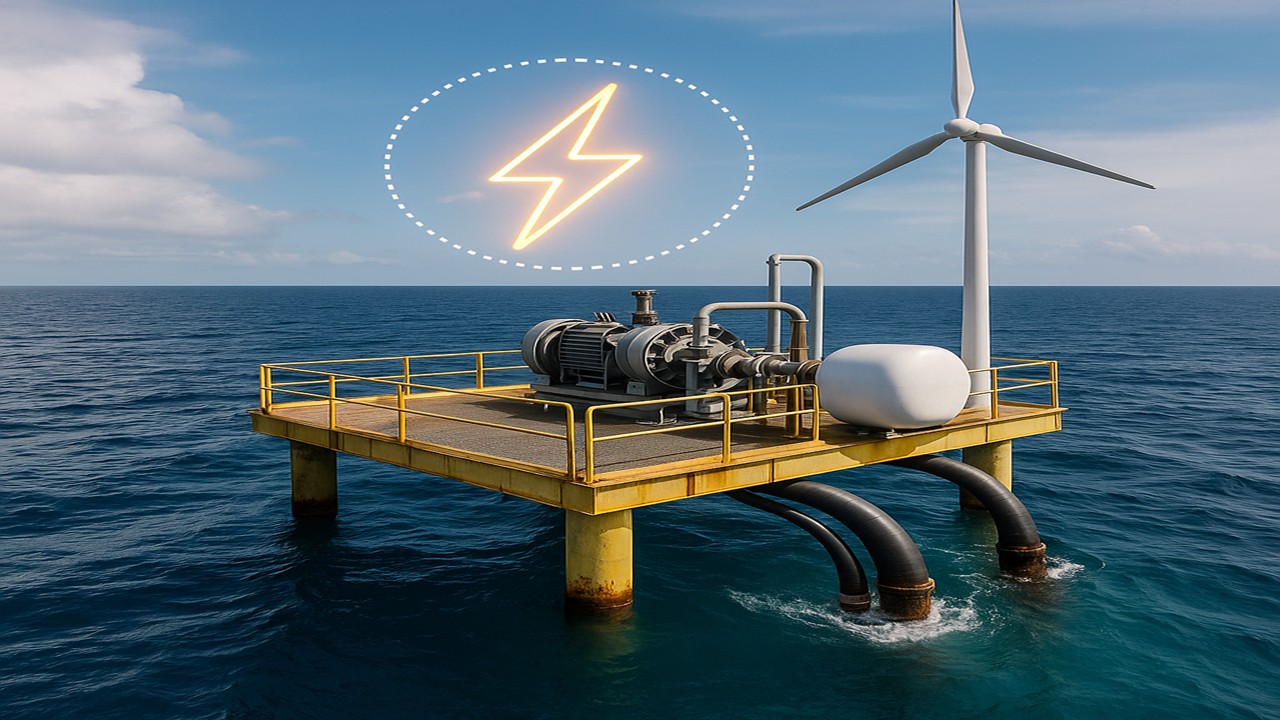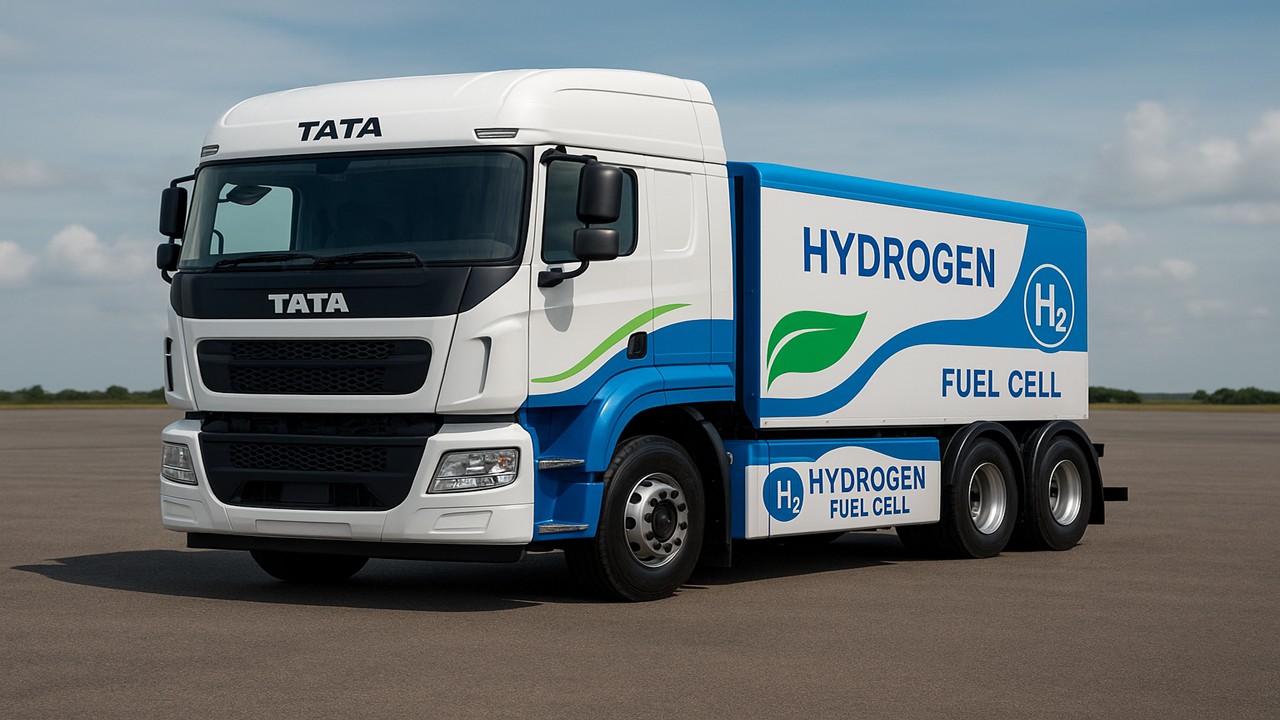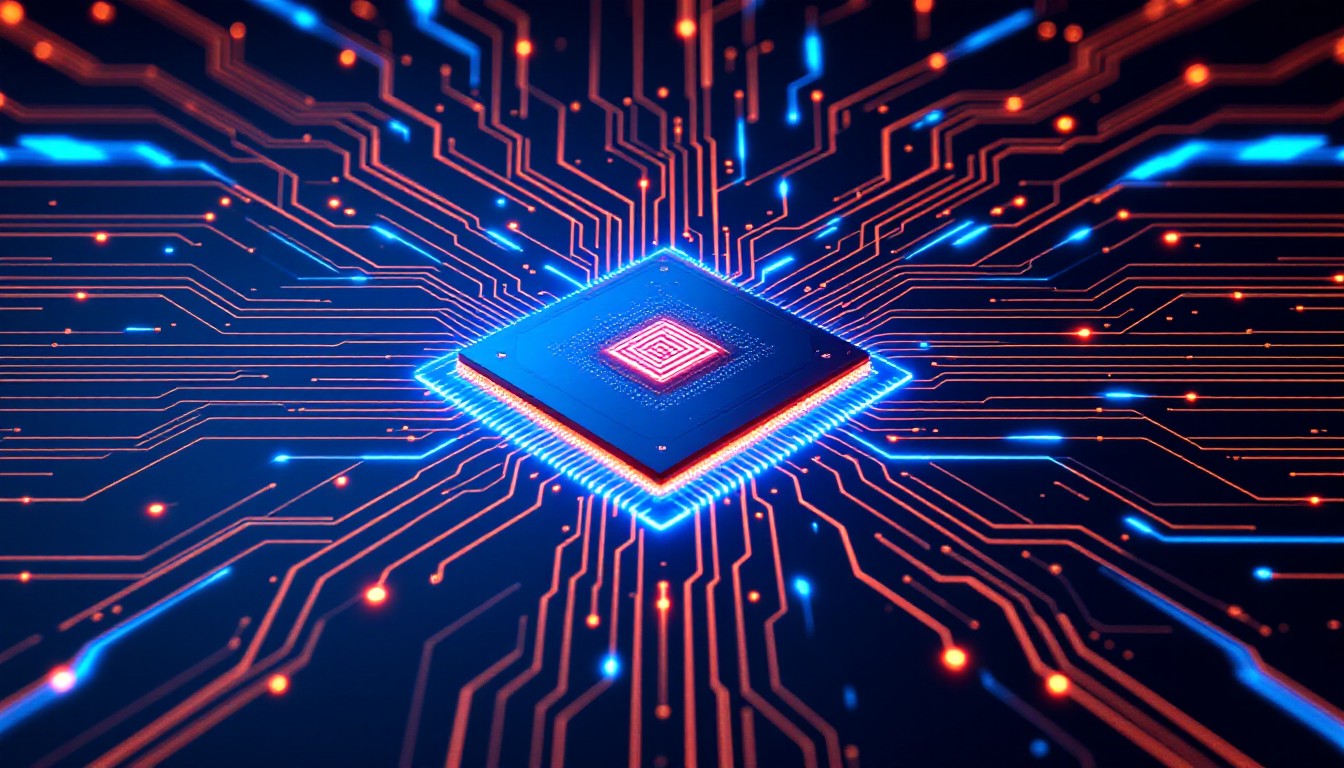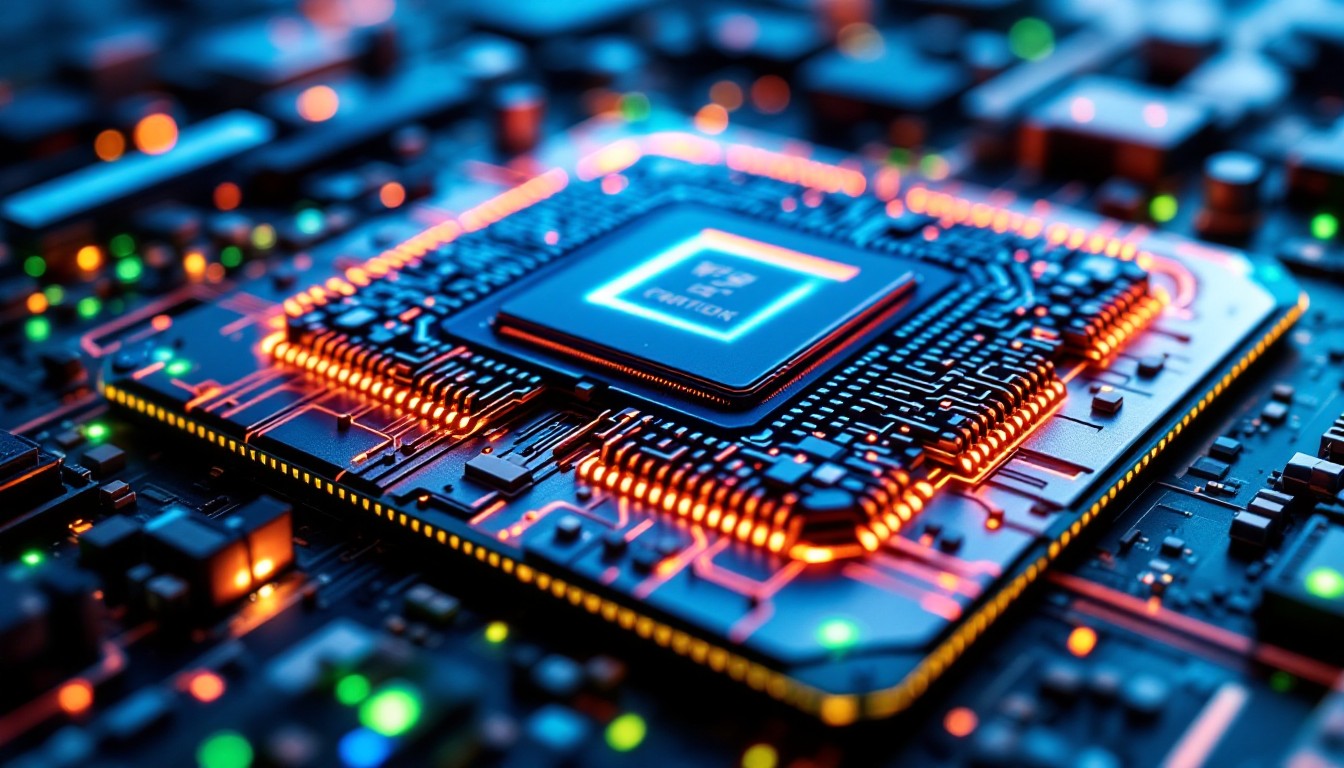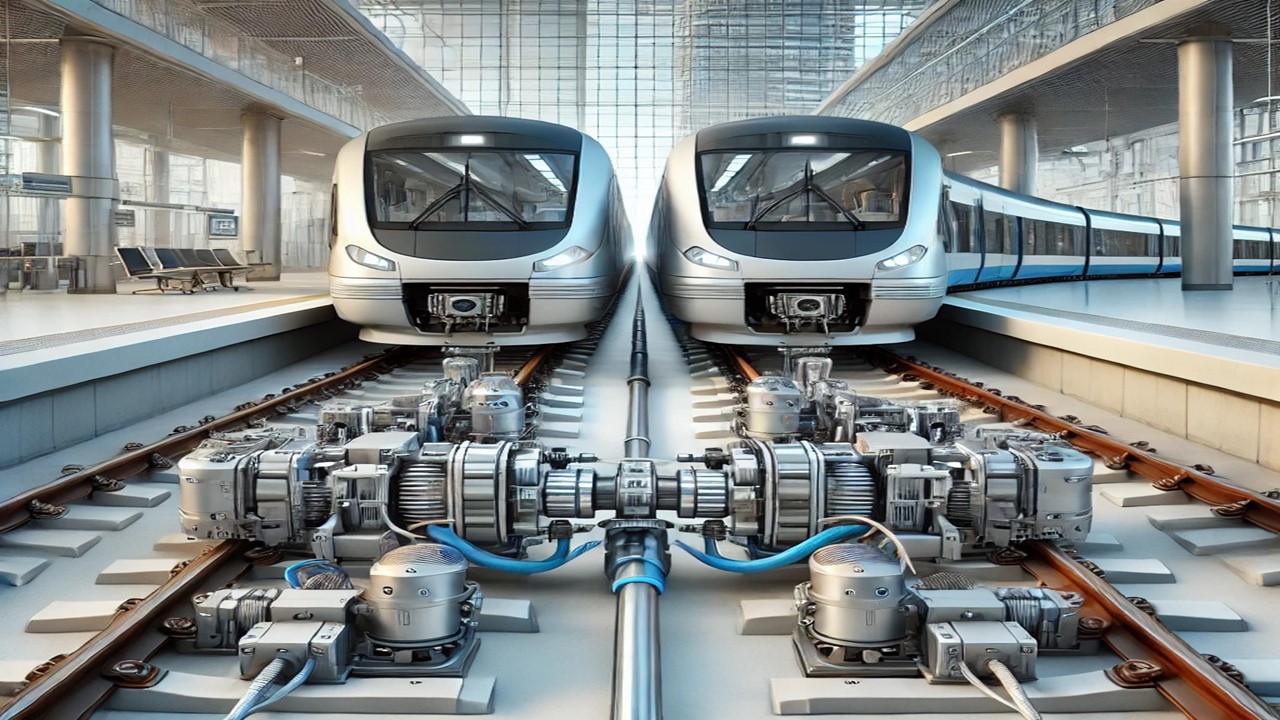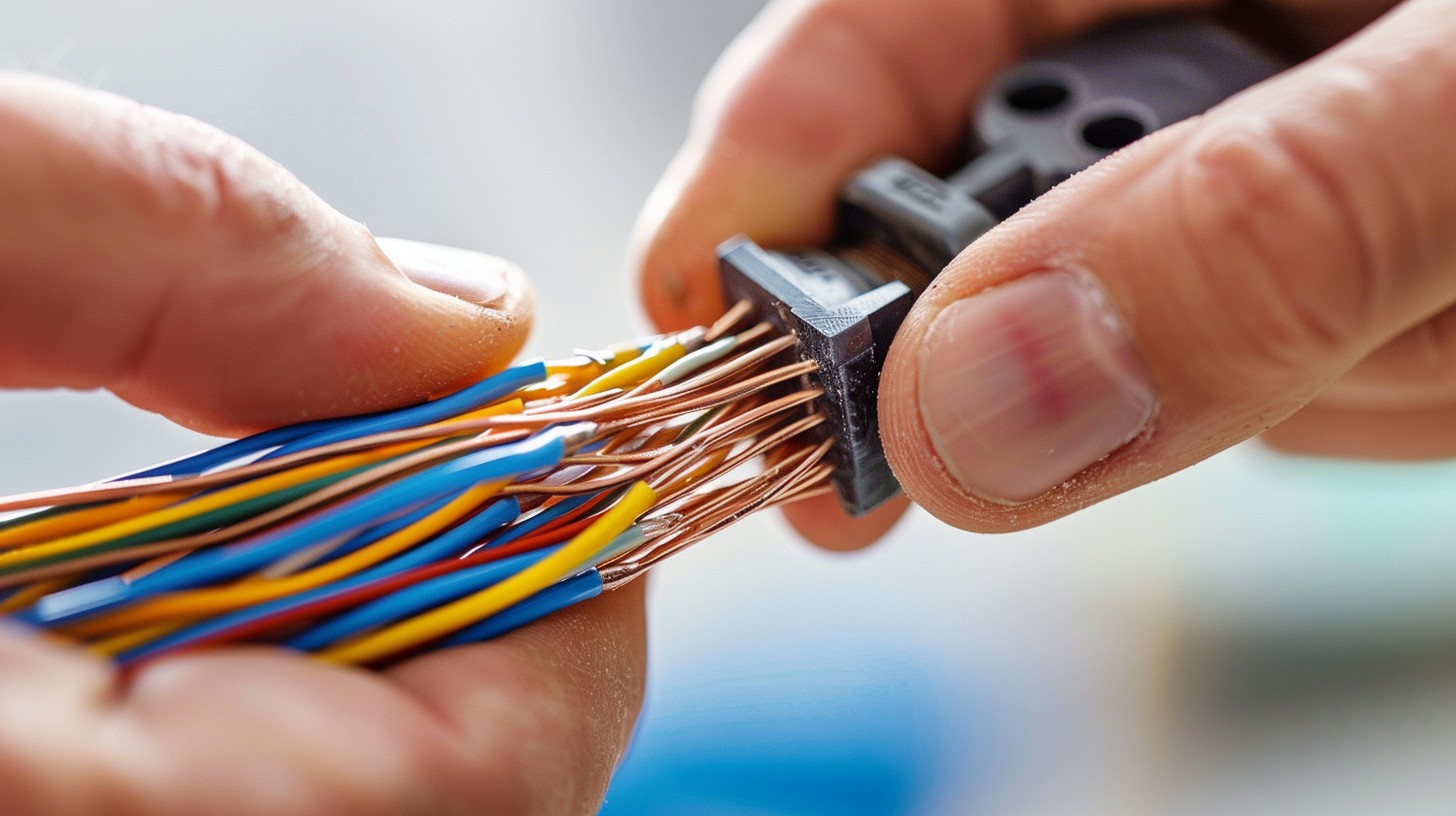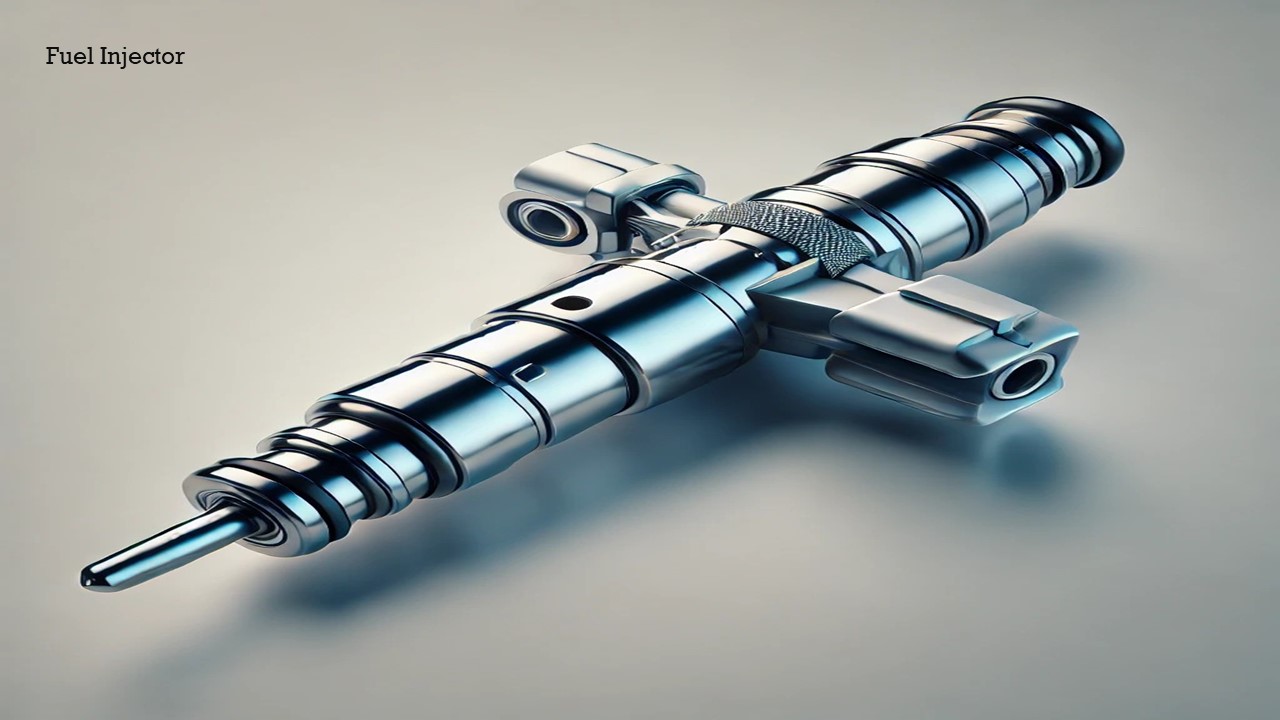
Imagine you are sitting in your car, and as soon as you press the accelerator, the engine produces a special sound, and the car accelerates smoothly. But have you ever thought about how this smooth and efficient driving experience is possible? There is a technology behind it that is not only fuel-efficient but also less harmful to the environment. Yes, we are talking about Fuel Injection Systems—the technology that has become an integral part of modern cars today.
However, a question arises here: What is so special about the Fuel Injection System that makes it different from and better than the traditional carburetor? After all, why is it in such high demand? And how are global and Indian companies investing in this technology? Let’s uncover this mystery and learn about the new developments that are making this technology even better and more promising.
Fuel injection technology is an innovation that has revolutionized the performance and efficiency of automobiles. Car and bike users may have heard its name, but the process of how it works and its benefits are still new to many. Earlier engines used carburetors, but today, modern cars and motorcycles use fuel injection systems. In this article, we will deeply understand this technology—how it works, how it is different from carburetors, and what the investment options are.
What is a Fuel Injection System?
The main function of a fuel injection system is to inject a mixture of fuel and air into the engine to ensure that the combustion or ignition process is smooth and efficient. This system accurately injects fuel according to the engine’s demand, which not only increases engine efficiency but also reduces emissions or pollution. Its design is such that it minimizes fuel wastage while maximizing power generation.
Fuel injection technology uses sensors, a fuel pump, and injectors that mix and deliver fuel and air in a controlled manner. In carburetors, the air-fuel mixture had to be adjusted manually, but fuel injection systems automate this process electronically. For this reason, many car and motorcycle manufacturers prefer fuel injection systems over carburetors today.
How Does a Fuel Injection System Work?
To understand how fuel injection works, it is important to know its various components and their roles:
- Fuel Pump: This pumps fuel from the fuel tank to the injection section of the system. The fuel pump supplies fuel at high pressure, allowing injectors to spray fuel accurately into the combustion chamber.
- Injectors: Injectors act like small nozzles that atomize fuel under high pressure. This spraying allows for a proper mixture of fuel and air, leading to efficient combustion in the engine’s cylinders.
- Engine Control Unit (ECU): This is the brain of the fuel injection system. The ECU constantly receives data from sensors and controls the injectors to inject fuel accordingly. Its job is to optimize the fuel-to-air ratio so that the engine performs at its best while minimizing emissions.
- Oxygen Sensor: This sensor monitors exhaust gases and provides data to the ECU so that it can adjust the mixture.
- Throttle Position Sensor: This sensor detects how much you are pressing the accelerator, and based on this, the fuel and air mixture is adjusted.
When you press the accelerator in a fuel injection system, the flow of air in the throttle body increases, and the ECU detects this change. The ECU then sends a signal to the fuel injectors to adjust the amount of fuel. In this process, fuel is sprayed in a precise and controlled manner, enhancing the engine’s power, efficiency, and performance.
Carburetor vs. Fuel Injection: What’s the Difference?
The biggest difference between fuel injection and carburetors is that carburetors operate manually, while fuel injection is controlled electronically. Here is a comparison of the two:
- Efficiency: Carburetors balance the fuel and air mixture using manual methods, while fuel injection systems are automatic and accurate. This means fuel injection systems significantly reduce fuel wastage.
- Control: Adjusting the mixture in carburetors is challenging, but in fuel injection, the mixture is controlled through the ECU, enhancing overall control and performance.
- Emissions: The role of the fuel injection system is not only to improve fuel efficiency but also to control emissions. Compared to carburetors, fuel injection systems are more environmentally friendly.
- Maintenance: Carburetors require frequent maintenance and tuning, whereas fuel injection systems are low maintenance.
Types of Fuel Injection
Fuel injection systems come in various types, each with different advantages and uses:
- Single-Point Fuel Injection (SPFI): In this system, fuel is injected from a single point, usually near the throttle body. It is cost-effective and provides better fuel efficiency than carburetors.
- Multi-Point Fuel Injection (MPFI): This system has separate injectors for each cylinder, creating a precise fuel mixture. It is highly preferred for performance and efficiency.
- Direct Fuel Injection (DFI): In direct injection, fuel is injected directly into the combustion chamber. This method is more efficient but involves complex technology and higher costs.
- Sequential Fuel Injection (SFI): In sequential injection, fuel is injected according to the firing order of the cylinders, providing better control and efficiency for the engine.
Global and Indian Companies Specializing in Fuel Injection Systems
Now that we understand how the fuel injection system works and how it differs from carburetors, let’s look at which companies in the global and Indian market produce fuel injection systems and could be good options for investors.
Global Companies:
- Bosch (Germany): Bosch is a leading provider of automotive technology and fuel injection systems. The company has made significant innovations in fuel efficiency and low-emission technologies.
- Continental AG (Germany): Continental specializes in fuel injection as well as autonomous driving and electronic controls. This company develops technology with future automotive trends in mind.
- Denso Corporation (Japan): Denso has established itself in electric and hybrid vehicle components. Its R&D and partnership with Toyota make it a strong global player.
- Magneti Marelli (Italy): Marelli is a leader in fuel injection and vehicle electronics, focusing on efficient and environmentally friendly fuel injection technologies.
Indian Companies:
- Bosch India: Bosch’s Indian branch specializes in fuel injection and emission control technologies. This company develops products according to Bharat Stage VI norms.
- Motherson Sumi Systems Ltd (MSSL): Motherson Sumi is quite popular for automotive parts in the global and Indian markets. It plays a major role in fuel injection and hybrid technology.
- Greaves Cotton Limited: Greaves Cotton manufactures components for hybrid and electric vehicles. This company has significant growth potential in the Indian market, focusing on fuel efficiency and environmentally friendly products.
Future Technologies That Can Enhance Fuel Injection
New research and developments in fuel injection systems are making this technology even more advanced and efficient. Some important innovations include:
- Hydrogen Fuel Injection: Toyota and Hyundai are researching hydrogen fuel injection, which could become a pollution-free and environmentally safe technology.
- AI-Driven Fuel Management: Artificial Intelligence can help control the fuel and air mixture even more accurately. Bosch and Continental are working on AI-based fuel injection systems.
- Electric Fuel Injection (EFI): This involves increased use of electronic controls, further managing efficiency and emissions.
- Low-Temperature Combustion: Companies like Ford and General Motors are working on low-temperature combustion, which is environmentally friendly and aids in fuel efficiency.
Investment Potential in Fuel Injection Technology
The future of fuel injection systems and automotive technology in the global and Indian market looks promising. Here are some points that clarify the investment perspective:
- Compliance with Emission Norms: As global emission norms become stricter, the demand for fuel injection systems is increasing. Major players like Bosch, Denso, and Continental are developing technology with these emission norms in mind, which can lead to long-term growth for these companies.
- Rising Demand for Fuel Efficiency: Due to rising fuel prices and environmental concerns, there is an increasing demand for fuel efficiency. Companies using fuel injection systems can be profitable in the long run.
- Transition to Electric and Hybrid: Modified forms of fuel injection are also used in electric and hybrid vehicles, and as this market grows, investment options in fuel injection technology will remain strong.
Outcome
Fuel injection technology is the future of automobiles. By enhancing efficiency, reducing emissions, and improving performance, it has left traditional carburetor systems far behind. With numerous developments occurring in this field, it also presents an exciting opportunity for investors. So, if you are interested in the automotive industry or green technologies, investing in fuel injection technologies and related companies could be a wise choice.
Before investing in these companies, be sure to analyze their latest financials and market performance


